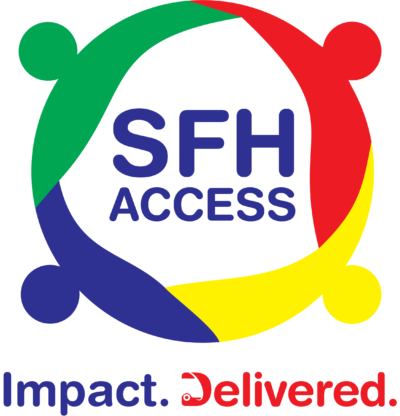Introduction
Breast cancer awareness has made significant strides, yet there are still lesser-known symptoms that merit attention. While lumps and skin changes are widely recognized, understanding less common indicators is crucial for early detection and proactive healthcare.
Leaking Nipple
While nipple discharge is often attributed to breastfeeding, persistent leakage in the absence of pregnancy or childbirth could signal underlying issues, including early-stage breast cancer. Though uncommon, fluid discharge warrants medical evaluation to rule out malignancies such as intraductal carcinoma.
Bloody Nipple Discharge
The presence of blood in nipple discharge can be alarming, prompting concerns about cancer. However, benign conditions like intraductal papilloma or duct ectasia are more likely culprits. Nevertheless, recurrent bleeding should prompt discussions with healthcare providers to explore underlying causes and appropriate management strategies.
Swollen Lymph Nodes
Enlarged lymph nodes, typically associated with infections, can also indicate cancer, particularly in cases of breast cancer. Swelling near the armpit or collarbone may precede detectable breast tumors, emphasizing the importance of prompt medical evaluation for any suspicious nodules.
Itchy Nipple
While itchiness is commonly benign, persistent symptoms, especially in conjunction with other signs like nipple tingling or skin changes, warrant attention. Paget’s disease, a rare form of breast cancer, can manifest with itching, necessitating thorough assessment and potential intervention.
Tender, Swollen Breasts
Breast tenderness and swelling may result from various factors, including infections or inflammatory breast cancer, a less common but aggressive form of the disease. Recognizing associated changes like rapid breast enlargement or skin discoloration is crucial for early detection and timely intervention.
Emphasizing Breast Awareness
While traditional breast self-exams have evolved, fostering breast awareness remains pivotal. Familiarizing oneself with normal breast characteristics enables individuals to promptly identify any deviations and seek medical advice as needed, promoting proactive healthcare and early detection initiatives.
Understanding the diverse manifestations of breast cancer empowers individuals to recognize potential symptoms beyond the conventional signs, facilitating early intervention and improved outcomes. Heightened vigilance and proactive healthcare practices play pivotal roles in breast cancer awareness and prevention efforts





